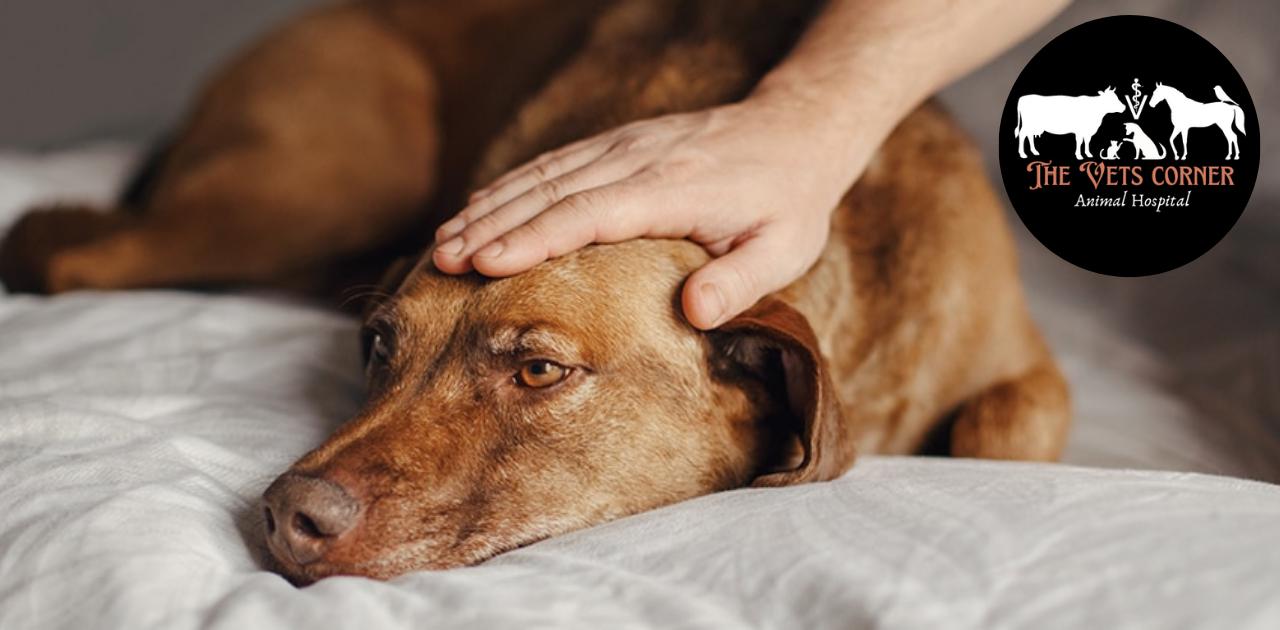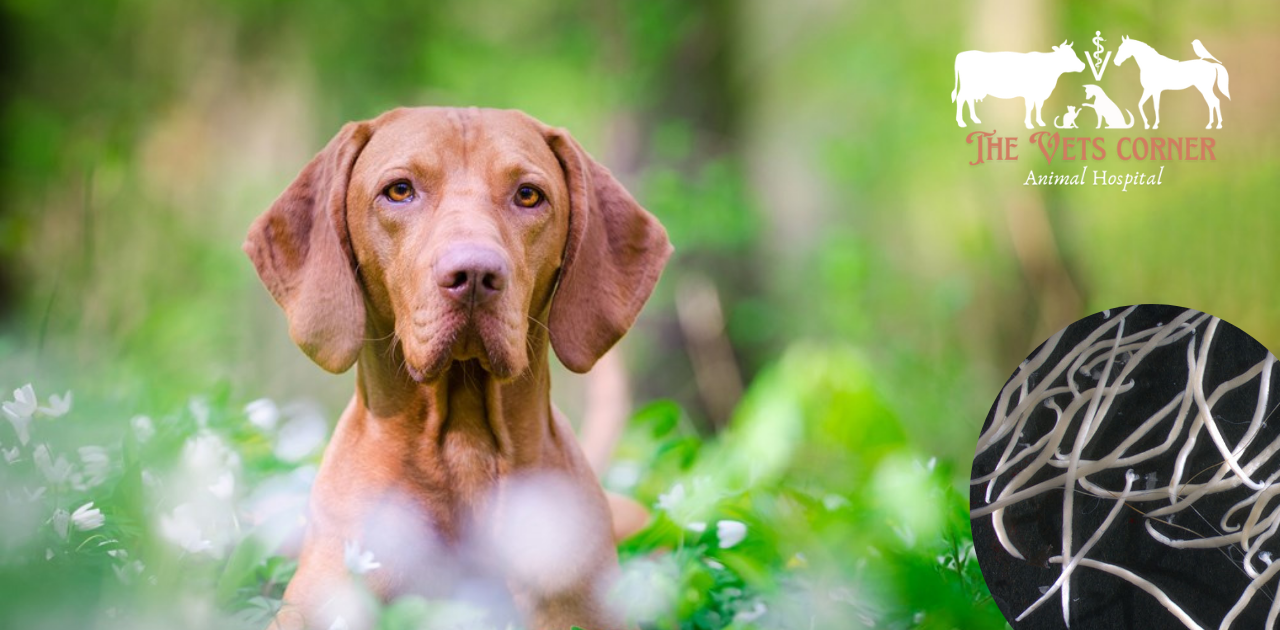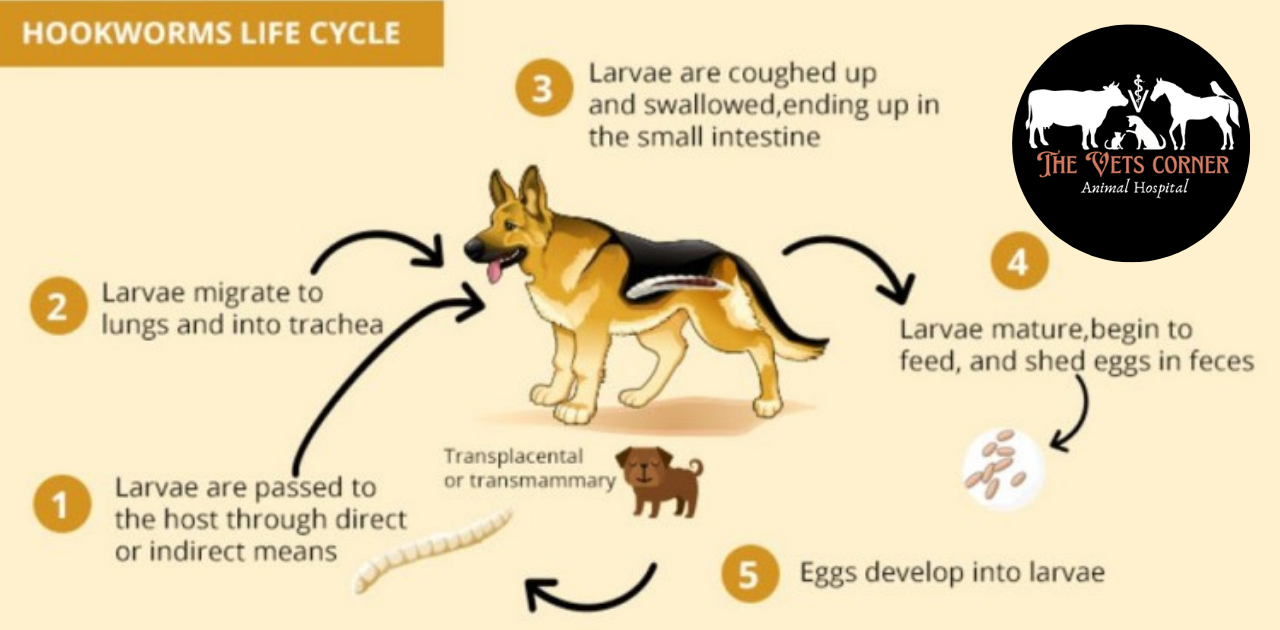
Hookworms in Dogs are a dangerous problem, but awareness and measures against them can help you save your pet from parasites. Dog owners should take their pets for routine vet checkups. Ensure that the dog is bathed properly so that they stay away from hookworms. Hookworms are thread-like worms that burrow through the mucosa of a host dog’s intestinal tract, where they feed on blood and cause multiple canine health issues.
Dogs in the early stages of this hookworm disease may not show any significant clinical signs, while adults may exhibit symptoms such as diarrhea or vomiting, anemia, dehydration, weight loss, and sometimes anorexia. These are major symptoms of hookworms in dogs.
Sudden weight loss of your dogs mostly means that it could be hookworms in dogs, as it is the main sign of hookworms in dogs. These are internal parasites that feed on the blood of the dog leaving it malnourished, weak, and lean.
The second sign of Hookworms in dogs primarily are capable of causing anemia because they feed on blood from the dog. Anemia is easily noticeable through signs such as pale gums, lack of energy or drive to do activities, and weakness in dogs. It is a medical emergency to have severe anemia without having proper treatment for hookworms in dogs.
When dogs are affected by hookworms, they develop diarrhea and at times it may be accompanied by blood. This is because hookworm in dogs causes injury to the lining of the intestinal wall. This diarrhea is the main causative agent for hookworm transmission in dogs as it has larvae.
In severe cases of Hookworm disease in dogs, larvae may migrate to the lungs of the dog and result in coughing and respiratory complications.
A dog that has been infected with hookworm may develop a dry, dull, or thinning coat because of malnutrition.
Irritated skin is the major sign of hookworms in dogs. If the hookworm larvae successfully make their way through the skin of the dog, there may be symptoms like inflammation, erythema, or itching at the point of invasion.

Hookworms are parasites that can be ingested by dogs when they consume food that is tainted with the hookworm larvae that are found in the soil. This may be so when they wash or bathe after having played in infested regions.
Currently, the larvae can burrow into the skin of the animal especially the paws or belly causing hookworm disease in dogs.
Hookworms in dogs are parasites that can be ingested by dogs through eating small animals which are usually hosts to larvae.
The hookworm transmission in dogs can be passed from an infected mother to her young ones through the placenta before giving birth or through her milk.
If your dog is diagnosed with hookworm infestation, it is advisable to seek treatment as soon as possible.
The best approach when treating hookworm is through the use of Anthelmintics. At The Vets Corner, these medications are available in the form of tablets, powders, liquids, etc, and are very useful in eradicating the adult worms seen in the intestines of the dog.
It is always advisable to go for several rounds of medications when treating hookworm infection, as a single round of treatment could fail to clear all the larvae. A veterinarian, therefore, always reminds the pet owner to complete the treatment in the next couple of weeks.
In some cases hookworms in dogs are the cause of anemia, a dog can require a blood transfusion to feel better.
The concept here is that; a balanced diet with essential nutrients will enhance the rate of your dog’s healing process since his/her strength and vigor will have been replenished.
It is important to understand that the prevention of hookworm disease in dogs is much easier than trying to eliminate it.
Another way to avoid hookworm in dogs is by giving your pet frequent deworming as advised by your vet. This will assist you in making sure that your dog does not have parasites on it.
Clean your dogs’ living area and ensure there is no fecal matter around. Although hookworm larvae require moisture and warmth to survive, proper cleaning and sanitation of the dog’s environment can help to prevent this infestation.
You should avoid taking your dog to places that have been discovered to have hookworm larvae especially compounds that other dogs use to go frequently. As Hookworm transmission in dogs can easily be done through the ingestion of hookworm larvae.
Hookworms and other parasites should therefore be checked from time to time during normal vet check-ups. Your vet will check the symptoms of hookworms in dogs.

Hookworms are dangerous to dogs, and untreated infections can cause severe health consequences. But with adequate care and proper preventive measures, your pet can be safeguarded from this deadly parasite. This includes routine vet visits, cleanliness, and continual deworming. So, it is crucial to pay special attention to the symptoms of hookworms in dogs, and if you notice any, seek help immediately to protect your dog from these worms. It is recommended that hookworm infestations be treated in their early stages to mitigate their effects.
Common intestinal worms including hookworms can be eradicated through an appropriate prescription of deworming medicines by a vet. The best way is to use several treatments as it may take more than one treatment to have all the worms eradicated.
Hookworm-infected dogs have some symptoms like irritated skin, weight loss, lack of appetite, stomach aches, coughing, diarrhea, and anemia. To diagnose hookworms, a vet check-up as well as a fecal examination is necessary.
Hookworm can cause many fetal diseases. Diseases that are associated with hookworms in dogs include anemia, malnutrition, diarrhea, and respiratory disorders. In particular, they may be potentially lethal, particularly in puppies or aging dogs still they are still relatively common.
Take measures to control hookworm in dogs including deworming, maintaining high standards of hygiene for the dog and its environment. Avoiding those areas that are likely to be infested with hookworms, and regularly taking your pet to the veterinarian.
Indeed, hookworm disease in dogs is capable of infecting human beings. This usually results from direct ingestion of larvae or through skin contact with contaminated soil. In humans, they can also cause a skin disease called cutaneous larva migrans which leads to skin rashes and itching.